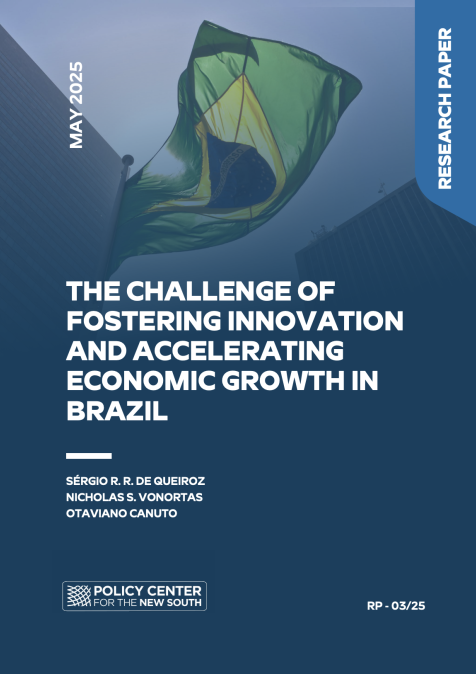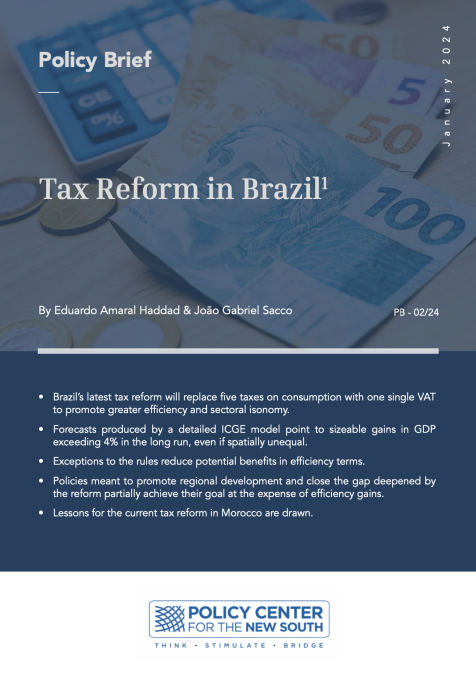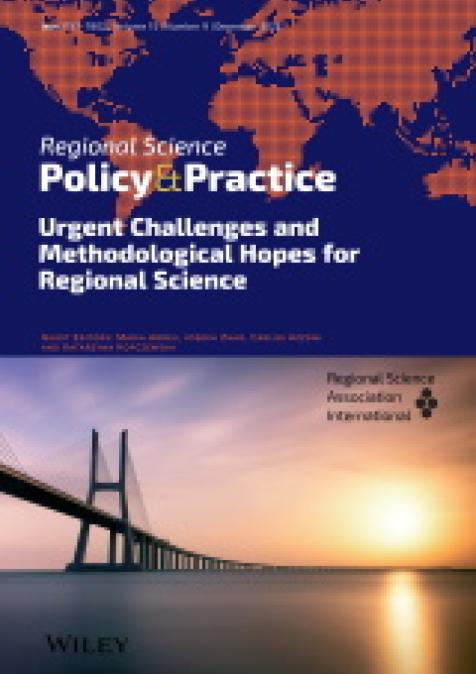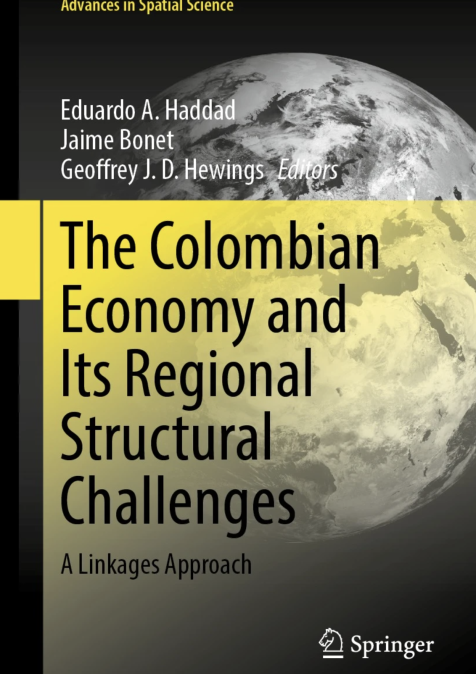Publications /
Policy Paper
Policy Paper
EMBRAER and the trajectory of Brazil’s aeronautics industry ecosystem
November 14, 2019
Created as a State-owned company in the late 1960s, Embraer was privatized in the mid- 1990s and became the main Brazilian company producing and exporting high-technology goods. The company diversified its operations within the aircraft business and added to its portfolio goods and services associated to its core activities.












